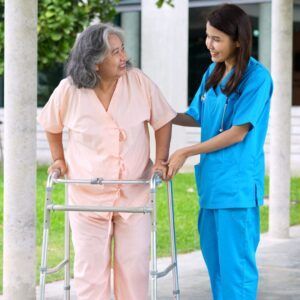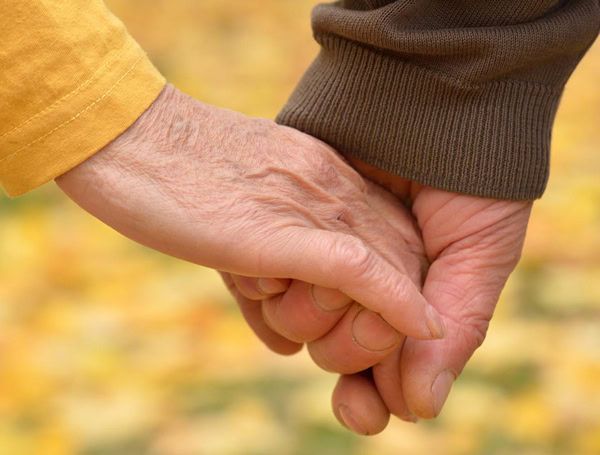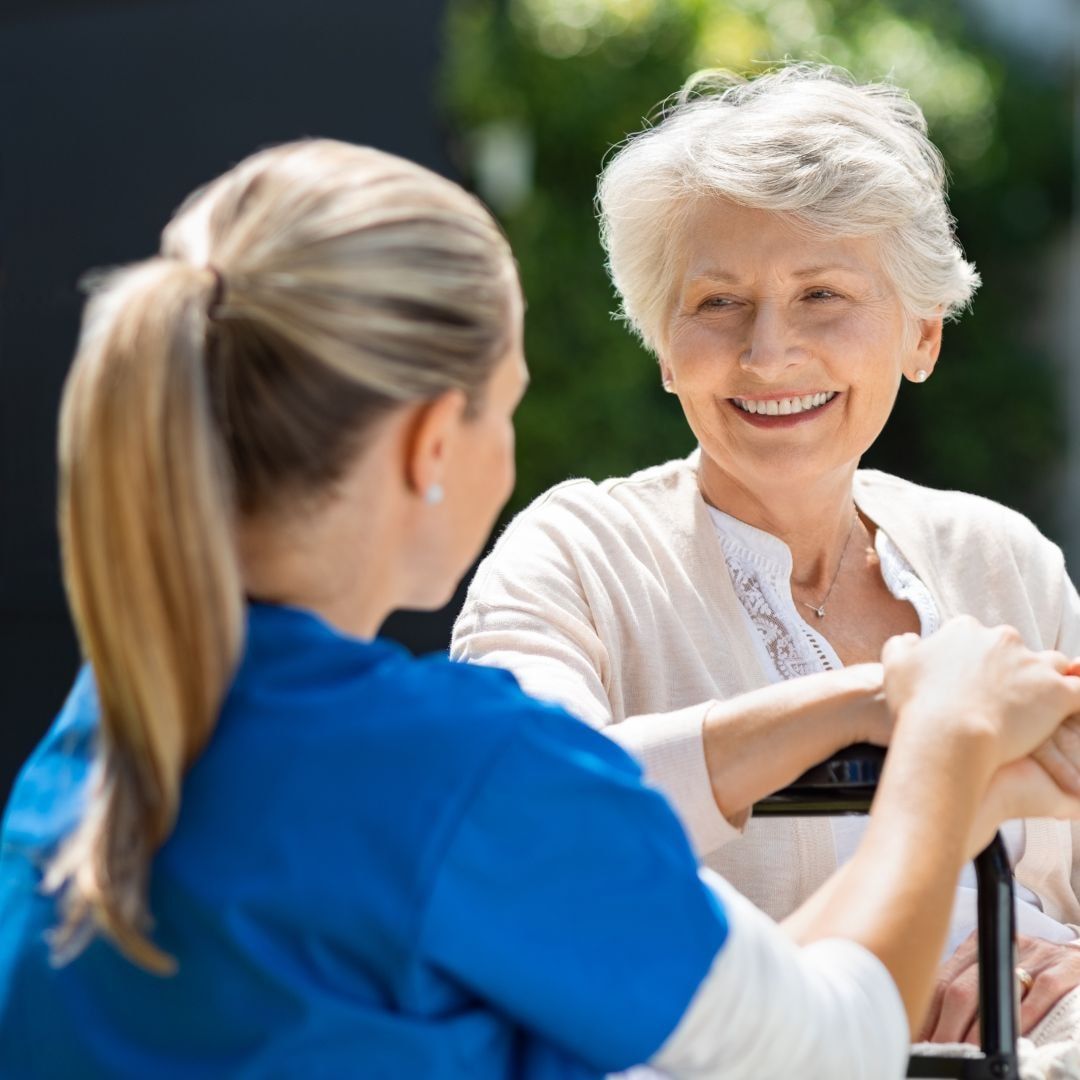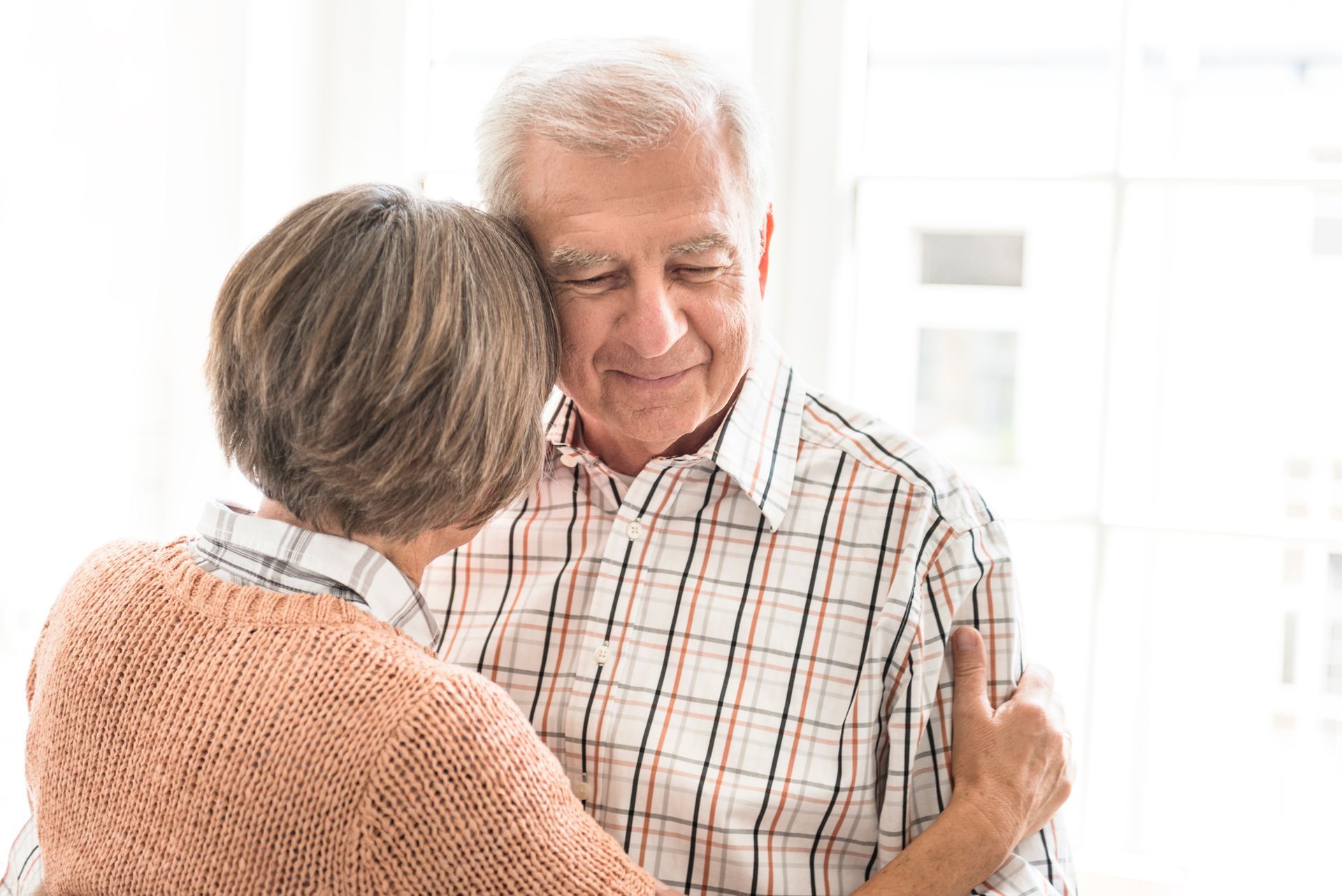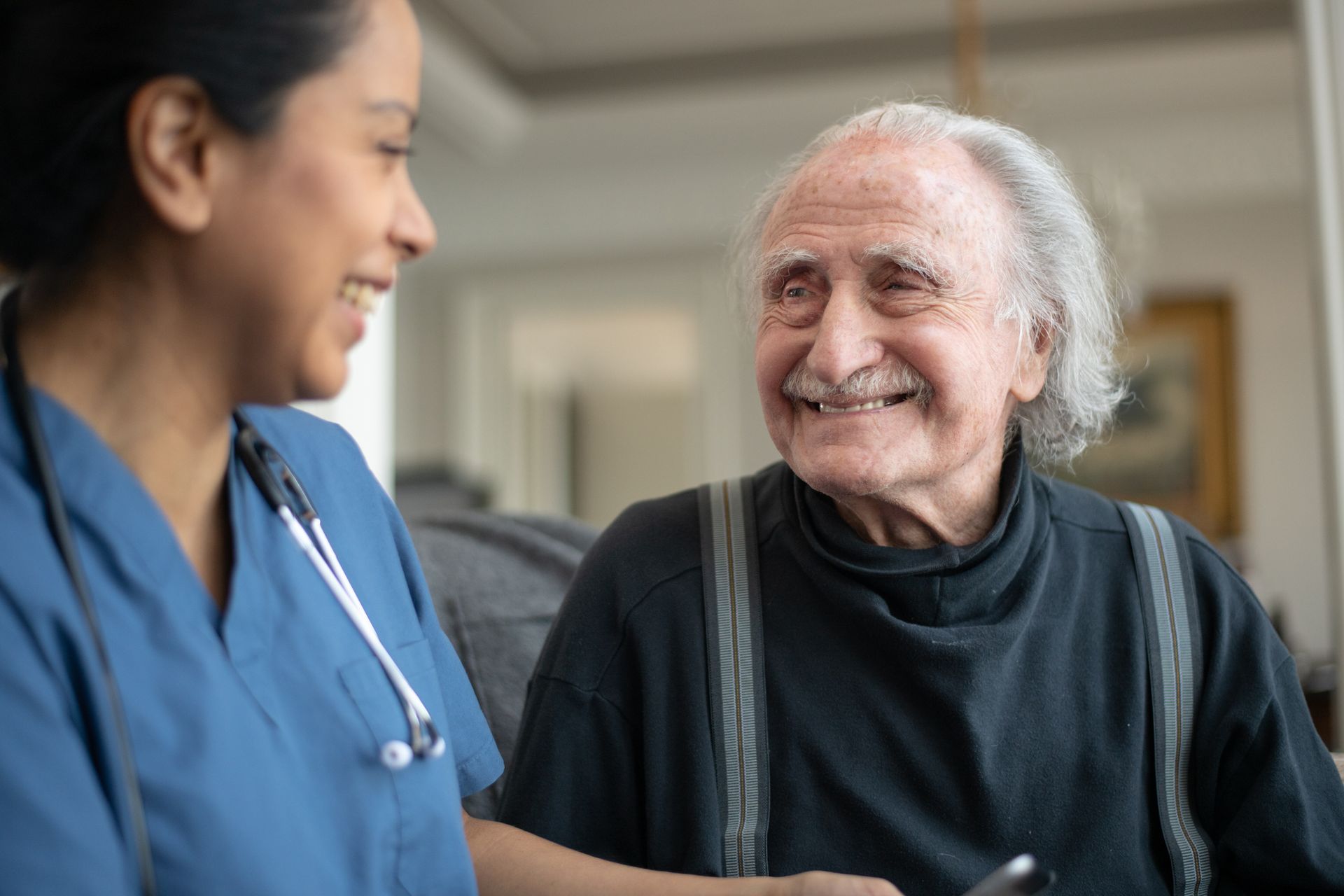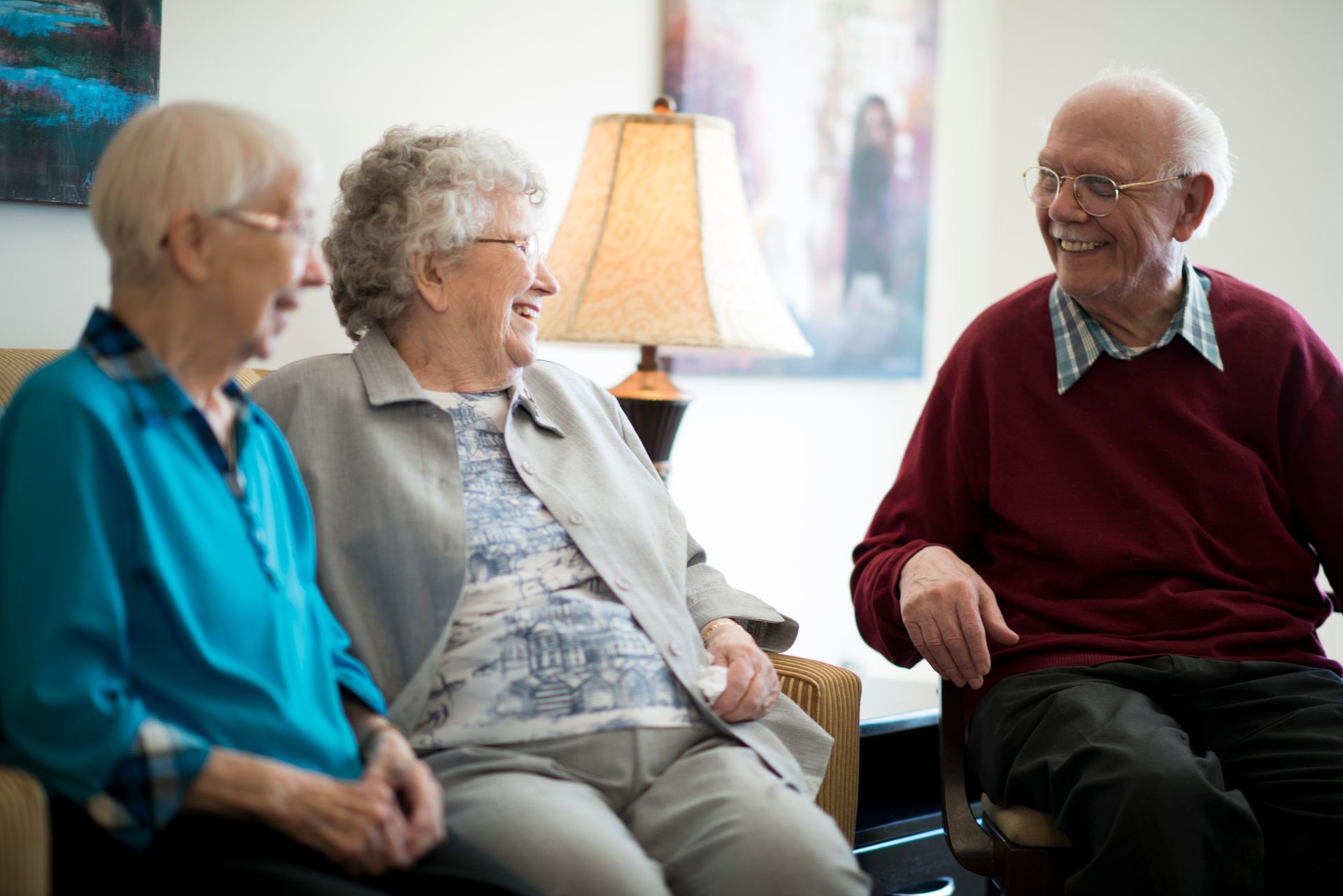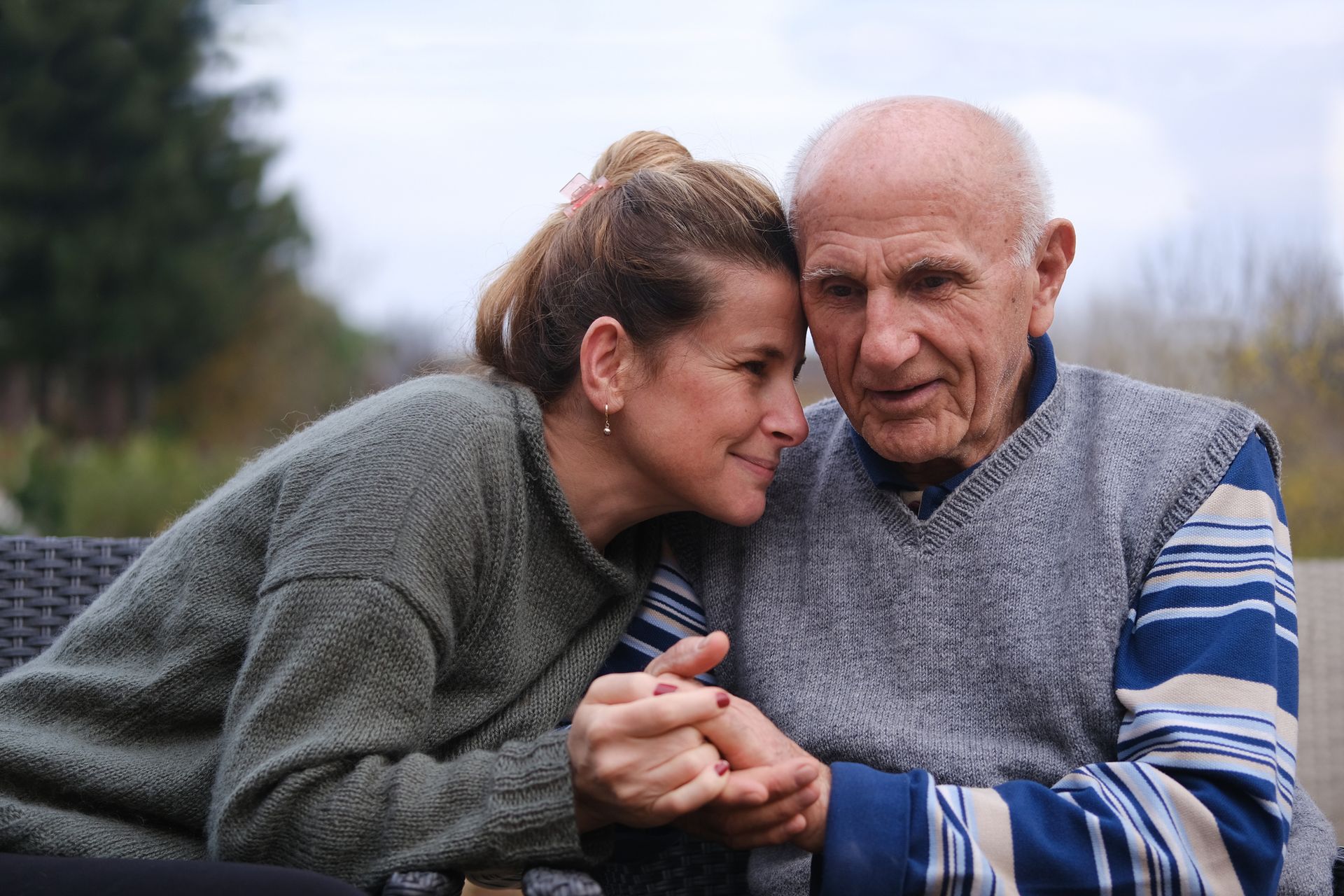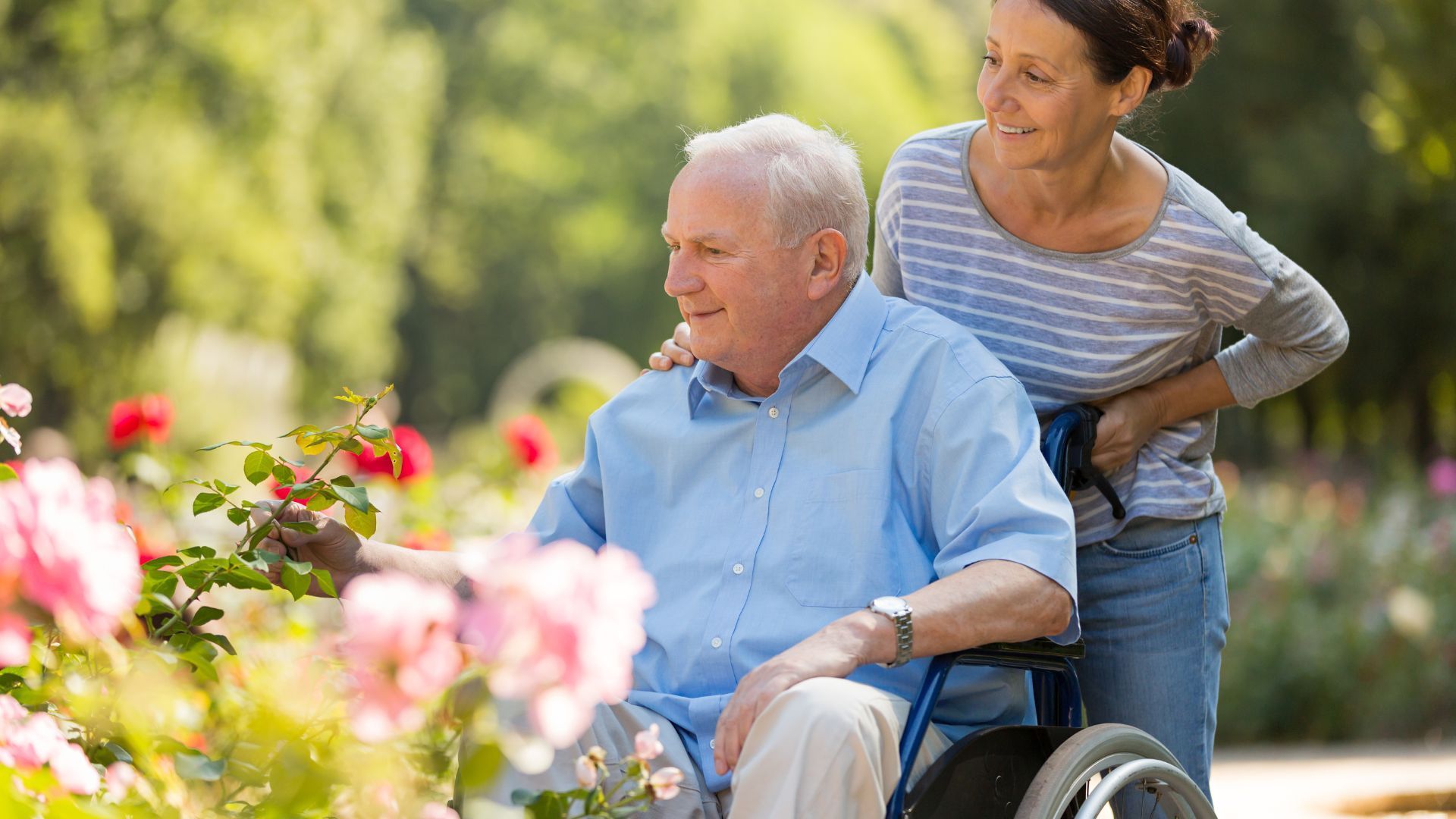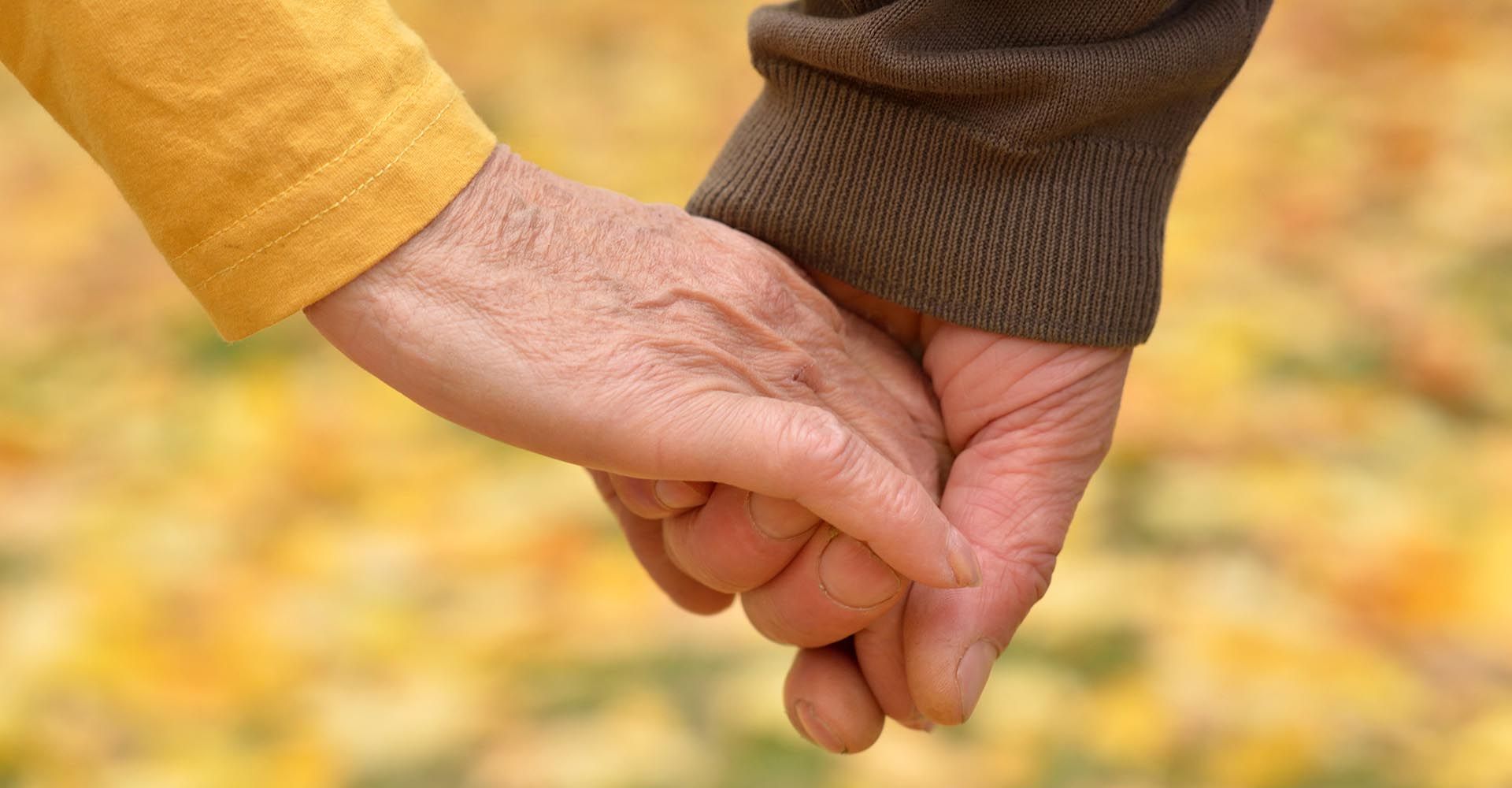Keeping Your Senior Loved Ones Safe During COVID-19
The COVID-19 pandemic is undoubtedly on everyone’s minds right now, and part of the challenge is managing the uncertainty of this experience. The team at Cedar Hill Continuing Care Community have been tracking the situation carefully and has assembled a resource page for our residents and their families. While there’s still a lot we don’t know about the situation, we do know that there are a lot of simple ways you can help care for yourself and your senior loved ones right now.
We’ve outlined a few strategies for you to follow based on the latest information from the CDC , WHO , and other leading health institutions.
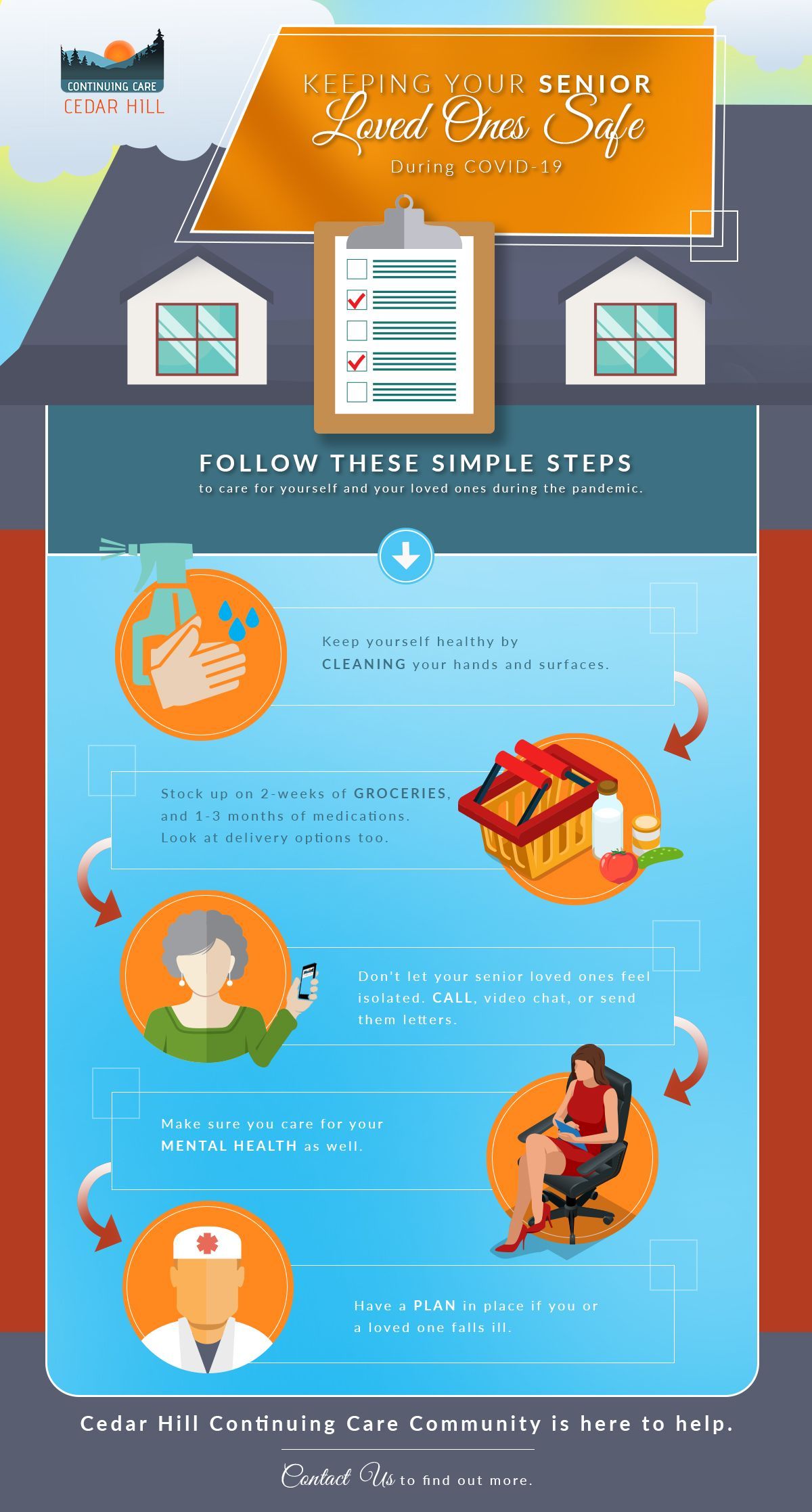
Make Sure to Keep Yourself Well
In a situation like this where our senior loved ones are at an increased risk of getting ill, it’s easy to put their health and safety first. It’s a noble viewpoint, but it’s also important that you take care of yourself. In moments like these, we like to remind folks that “self-care is group-care” and that one of the best ways to keep others healthy is to ensure that you’re also healthy.
As a caretaker, there are a few things you can do to lower your chances of becoming infected.
- Wash your hands often with soap and water and for at least 20 seconds.
- You should always wash your hands before and after you visit or offer care to your senior
- Before and after you prepare food
- Before and after you use the bathroom, go into a public space, or touch public surfaces.
- Avoid crowds if at all possible, and wear a face mask when it is unavoidable.
- Make sure to cough or sneeze into your elbow or a tissue. Wash your hands immediately if you cough or sneeze into them.
- Try not to touch your face with unwashed hands.
- Make sure that high-use surfaces in your home are kept clean. This includes things like doorknobs, counters, and stair rails. Also clean any medical equipment your senior might use, like walkers and canes.
By limiting your chances of becoming infected or spreading the infection, you limit the risk to not just your loved ones, but yourself as well. When you exercise caution, you’re protecting your community.
Stay Well-Provisioned
An easy way to limit your risk of getting ill is by limiting how many trips you take to public places like the grocery store. If possible, stock up on two-weeks of food at one time. This will reduce your need to visit the store as often. Similarly, ask your doctor, or your senior’s primary care provider if you can have one to three months of a prescription filled at one time. Also consider other home supplies, like cleaning materials, pet food, and other essentials.
If making regular trips to the store is not something you’re able to do safely or comfortably, find out more about the delivery options that these stores have. In most cases, the grocery store can fill and deliver your orders straight to your door. These services may be free in some cases as well.
Remember the Distinction Between Distancing and Isolation
Social distancing and physical separation, quarantine, and isolation. These terms and many more have suddenly become regular parts of our everyday lives, but we often get them confused.
Social and physical distancing is a great way to limit the spread of the virus, but it can also isolate seniors from their families. Social distancing doesn’t have to mean that your seniors are completely isolated, which can be a very lonely and hurtful experience. Indeed, social isolation can have a negative impact on the health and wellness of older people.
In moments like this, you’ll need to get creative in how you keep your seniors connected with their friends, family, and faith. Using technology like video and phone calls are a great way to ensure that they still feel connected to the world around them. You can show them how to use laptops and tablets, and set up apps on these devices that let them make calls. If they’re not one for technology, starting a letter campaign for friends and family to write to your senior is a wonderful idea.
Maintain Your Mental Health
This is a new experience for many of us and not exactly a comfortable one. It’s important to remember that your mental health is just as valuable as your physical health. If you’re feeling stressed and overwhelmed by the situation, it’s likely that your senior loved one is too. Try taking a break from the news and social media sites. Limit yourself to check these sources once a day. Take some time to connect with friends and family, and share your feelings with them. Keep practicing the hobbies and habits that bring you joy, and even make time for new things in your life!
Have a Plan in Case You or Your Loved One Gets Sick
If you or your loved ones start showing signs and symptoms of having COVID-19, it’s important to have a plan in place to get the care needed.
You should have a clear sense of who you can contact if you become sick. That should include primary care providers, any nurses you work with, or other caregivers. If you or your loved one is asked to isolate at home in order to prevent spreading the infection and to recover, ask your medical provider about any prescriptions you might need. If you cannot get a multi-month supply of your regular over-the-counter or prescription medications, you will need to find a way to have these supplies delivered to your home.
It’s also important to have a network of friends and families who can help support you if you or your loved one falls ill. Make sure you provide them with the same medical contact info you are using, as well as instructions on what to do next if you get more sick.
Doing Our Part To Care For Your Family
Cedar Hill is doing it’s part to keep our residents and their families safe and healthy during this challenging time. We invite you to contact us if you have any more questions.
The post Keeping Your Senior Loved Ones Safe During COVID-19 appeared first on Cedar Hill Continuing Care Community.
